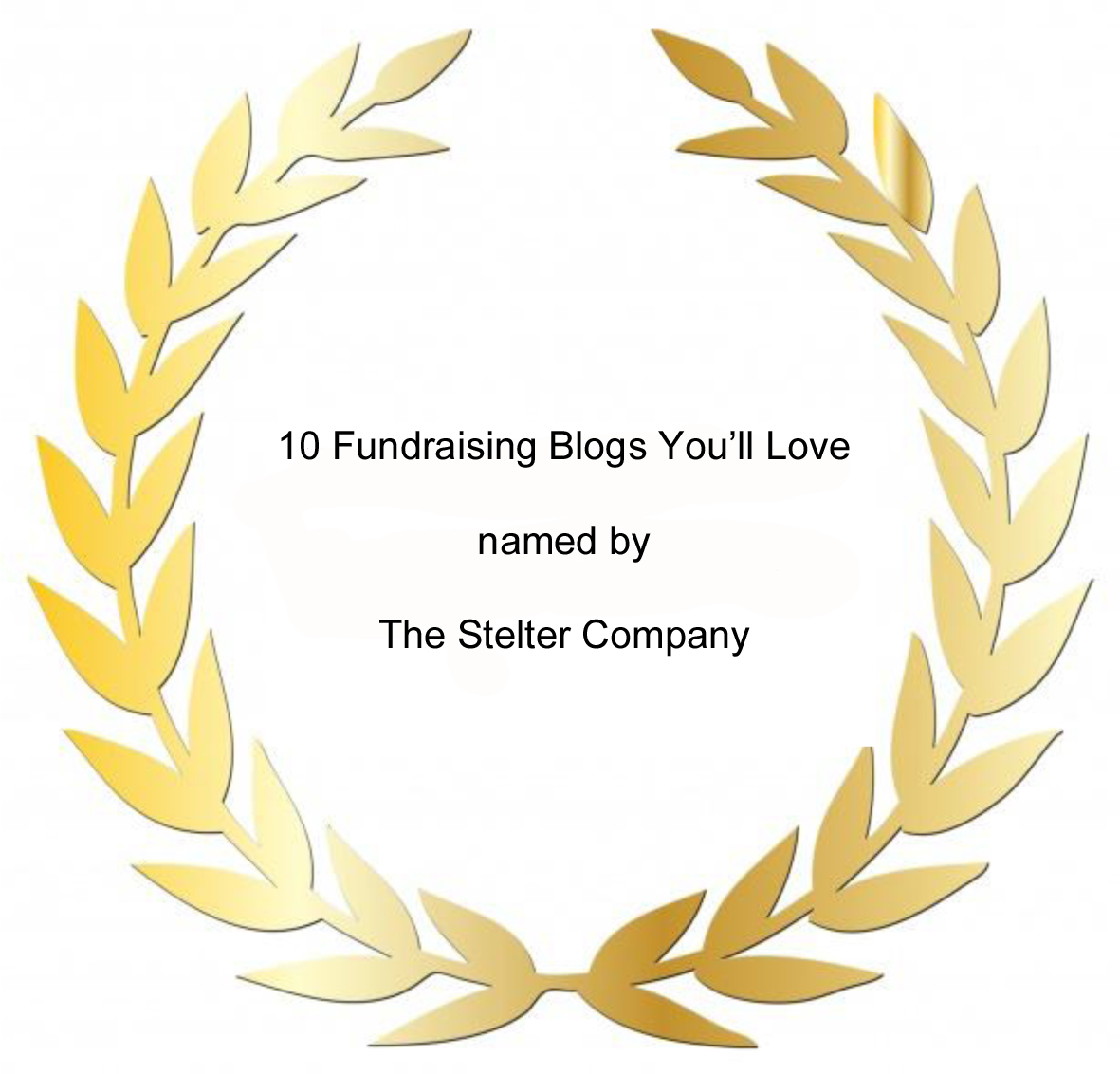Almost everyone has the capacity to make a planned gift. Consider just these four facts:
- Among those ages 65 and older, 78 percent own their home (US Census)
- Most Americans own stock in one form or another (Gallup)
- Inflation-adjusted median household net worth grew 16 percent from 2013-16 (US Federal Reserve)
- 69 percent of Americans expect to leave an inheritance (Stelter)
The fact that most Americans have the ability to make a planned gift presents both a great opportunity and a profound challenge for fundraising professionals. With limited staff and budget resources, it is essential to focus legacy giving marketing where it will do the most good. So, who are the best planned giving prospects?
You can visualize the answer to that question as an equation:
Ability + Propensity + Social Capital = GIFT
Your best planned giving prospects will have the means with which to make a planned gift, ideally a sizeable one. However, just because they have the ability does not mean they will take the action you desire. A number of factors influence a prospect’s propensity for giving. Some of those factors might be related to the organization seeking a gift while other factors might have nothing to do with the organization. Finally, we need to consider a prospect’s level of social capital, their degree of engagement with the community and the organization. Someone who scores high in each category is more likely to make a planned gift than someone who scores low.
 A simpler way to identify strong planned giving prospects is to recognize that “the most dominant factor in predicting charitable estate planning was not wealth, income, education, or even current giving or volunteering. By far, the dominant predictor of charitable estate planning was the absence of children,” according to philanthropy researcher Russell James, JD, PhD, CFP®. In other words, people who do not have children are far more likely to make a charitable planned gift than those who have children.
A simpler way to identify strong planned giving prospects is to recognize that “the most dominant factor in predicting charitable estate planning was not wealth, income, education, or even current giving or volunteering. By far, the dominant predictor of charitable estate planning was the absence of children,” according to philanthropy researcher Russell James, JD, PhD, CFP®. In other words, people who do not have children are far more likely to make a charitable planned gift than those who have children.
However, while the absence of children tells us who is generally more likely to make a planned gift, it does not tell us whether your organization will be the recipient of such a gift. The leading factor that will determine whether someone will make a planned gift to your organization is their level of loyalty, according to legacy researcher Claire Routely, PhD.
As you attempt to determine a prospect’s level of loyalty to your organization, you’ll want to consider a number of factors including:










